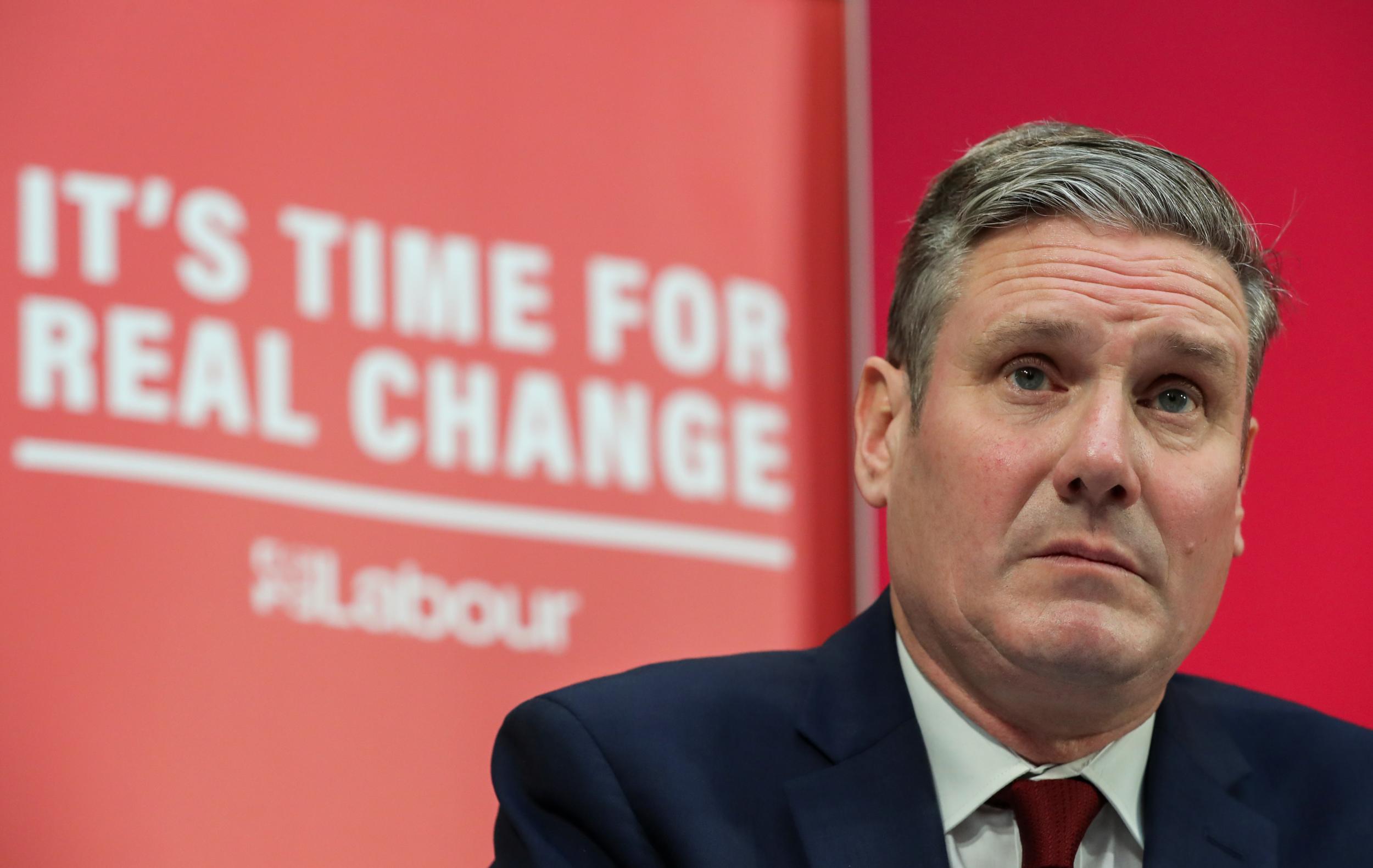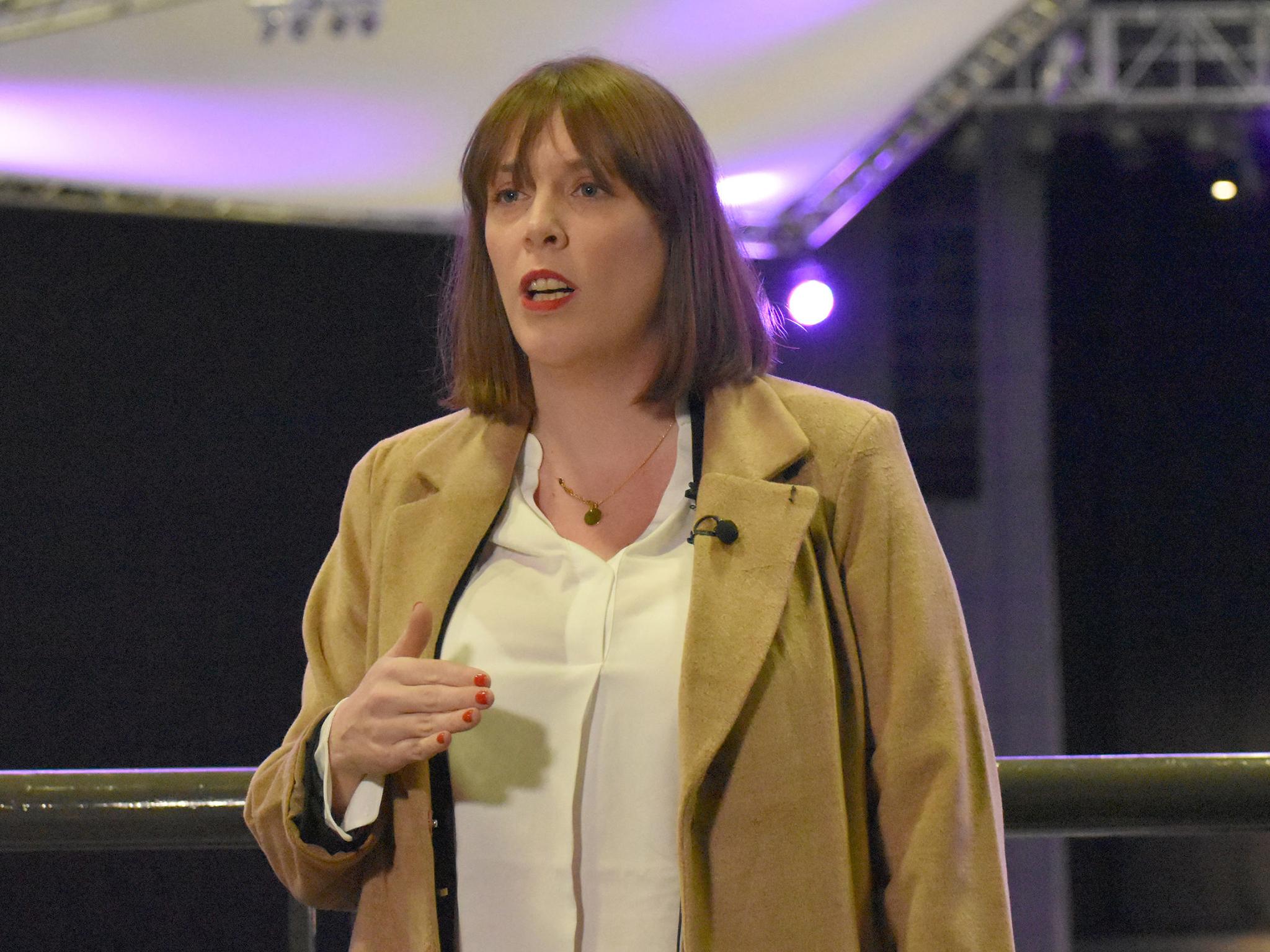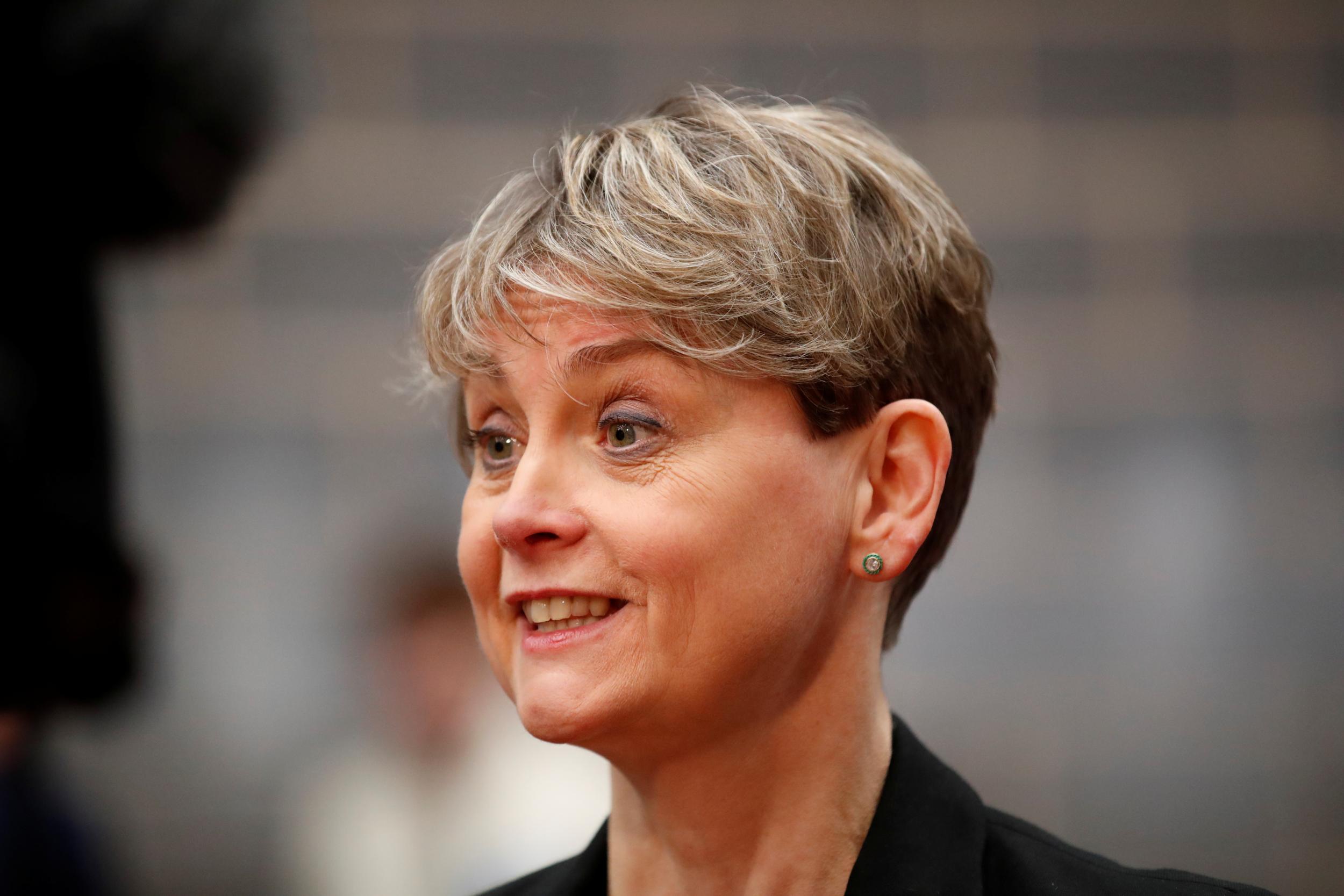Who will be the next Labour leader after Jeremy Corbyn resigns?
Corbyn says a period of ‘reflection’ is needed but he will not lead Labour into next election

Labour’s direction is already under the spotlight after the party’s worst result in a general election in the post-war era. Conceding defeat in the early hours of Friday morning, Jeremy Corbyn made clear he would “not lead the party” in any future general election campaign.
After it became apparent Labour would have its lowest number of MPs since 1935, Corbyn said a period of “reflection” is now needed for the party and he would remain in post during this difficult stage.
But devoid of any political authority, the Labour leader’s future is no longer in his own hands. MPs in the party are already demanding his immediate resignation, and pressure will be immense for him to step down in the coming hours.
Here The Independent looks at some of the potential candidates in a leadership contest.
A key ally of the current left-wing leadership of the party, the Salford & Eccles MP is viewed in some quarters as the natural successor to Corbyn and describes herself as a “proud socialist”. Highly regarded by the shadow chancellor, John McDonnell, she also won plaudits for her performance filling in for Corbyn both at Prime Minister’s Questions and during the general election debates.

The shadow business secretary grew up by Old Trafford football ground and began her working life serving at the counter of a pawn shop.
As the polls unfolded, she would not be drawn on whether she wanted to be the party’s leader. “It’s not something that I’m thinking about, I think we need to get through tonight, see where the chips fall and then we will regroup as a party, asses what’s happened and what the next steps need to be,” she said.
The shadow education secretary is likely to be in the mix for the party’s leadership after Corbyn’s resignation. Rayner was brought up on a council estate, left her local comprehensive school with no qualifications, and gave birth to her first son, Ryan, at the age of 16.

She rose through the ranks of the trade union movement to become the most senior elected official of Unison before being elected to her Ashton-under-Lyne constituency in 2015. In her current role she spearheaded Labour’s “national education service” and has championed the abolition of tuition fees.
After the devastating election result unfolded, Rayner said: “Thank you to all our volunteers, staff and activists who have worked their socks off. I know the exit poll is incredible devastating but we will continue to keep faith in our great movement and the UK.”
Corbyn’s constituency neighbour and friend, Emily Thornberry, has been critical of the party’s Brexit stance but has remained loyal to the leadership and has represented the Labour Party on various overseas visits.
The 59-year-old was brought up on a council estate near Guildford in Surrey by her mother when her father, a human rights lawyer and academic, walked out on his family. “I was born into the Labour Party,” she once said. “I was delivering leaflets by the age I could reach the letterbox.”

First elected as MP for Islington South in 2005, the shadow foreign secretary is likely to be considering a bid for the leadership, but the party may be looking for a leadership candidate outside its London stronghold.
After winning back her seat in the same venue as Corbyn, she said: “We may be hurting tonight but we are not beaten. We will tell Boris Johnson, ‘No our fight is not over, our fight is just starting’.”
The former director of public prosecutions undoubtedly has ambitions to lead the party, and is highly regarded by both left-wingers and centrists in the party. As Labour’s shadow Brexit secretary, he played a key role in the party’s eventual backing of a second referendum.
Before becoming an MP, he was a human rights lawyer – conducting cases in international courts including the European Court of Human Rights.

In July this year, a YouGov poll of party members found he was the favourite in terms of being a good leader if Jeremy Corbyn stood down before the next election – way ahead of other possible contenders.
Speaking after his re-election in Holborn and St Pancras, he said: “There is no hiding from the overall result. It is devastating. It will hurt the millions of people who so desperately need a Labour government. They have suffered so much under 10 years of Tory austerity and will suffer more because of this result. We must now reflect; we must also rebuild.”
The MP for Birmingham Yardley has been a prominent critic of the Labour leadership, and said at her victory speech in the early hours of Friday morning that it was clear her party needed “structural change”.
“The reality is that the Labour Party has got to do a huge amount more than just think getting rid of one man will just simply make it OK,” she added.

Before being elected to parliament, Phillips worked for Women’s Aid, supporting female victims of domestic abuse. She has previously suggested she would run for the leadership should the position become vacant, but given the left-wing membership of the Labour Party, Phillips would likely find it difficult to gain traction in any leadership contest.
Cooper came third in the Labour leadership election in 2015, with just 19 per cent of the vote share – dwarfed by Corbyn’s 59 per cent. But Cooper, who has maintained a high profile in recent years as chair of the Commons Home Affairs Committee in which she has grilled ministers, could attempt a second shot at the leadership.

Unlike the other possible contenders, Cooper, who has been an MP since 1997, has experience in government having served as chief secretary to the Treasury and secretary of state for work and pensions under Gordon Brown.
Join our commenting forum
Join thought-provoking conversations, follow other Independent readers and see their replies
Comments